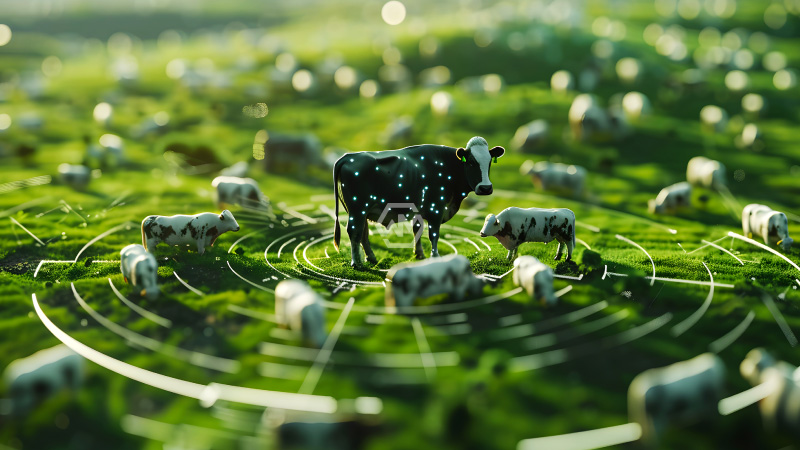- Current EU farming policies fund practices that harm biodiversity and climate resilience.
- The post-2027 Common Agricultural Policy (CAP) must reward sustainable farming.
- €35 billion annually should be dedicated to restoring nature and supporting climate-smart agriculture.
Europe’s agricultural model is facing a perfect storm of climate extremes, biodiversity collapse, and global instability. Yet, the EU’s powerful Common Agricultural Policy continues to back intensive farming methods that degrade soil, drain water resources, and drive species loss.
Across the continent, a growing number of farmers are shifting toward nature-friendly practices like crop rotation, hedgerow restoration, and pollinator protection.
Farming with the Future in Mind: A Greener CAP for Europe
Europe’s food production system is under intense pressure from climate change, biodiversity loss, and rising geopolitical uncertainty. These overlapping crises expose the fragility of a farming model dependent on chemical inputs, monocultures, and resource-heavy methods.
Despite its vast budget, the EU’s CAP continues to prop up environmentally damaging practices while offering little financial encouragement for more sustainable alternatives. Public funds must serve public interests—including clean water, healthy soils, and climate stability.
Some farmers are already demonstrating how to grow food in harmony with nature. Their efforts—like rewilding margins, reducing pesticide use, and nurturing soil health—are often unrecognized and underfunded. These practices are the foundation of a climate-resilient food system.
Policymakers have a rare window to rethink priorities. Redirecting CAP funds toward ecological farming would not only safeguard nature but also secure rural livelihoods. Investing in sustainability is no longer optional—it’s essential for food security in a changing world.
The future of Europe’s food system hinges on the choices made today. A nature-positive CAP can empower farmers, restore ecosystems, and build resilience for generations.
“We won’t have a society if we destroy the environment.” — Margaret Mead
This article underscores that sustaining farming and society means first sustaining nature.



